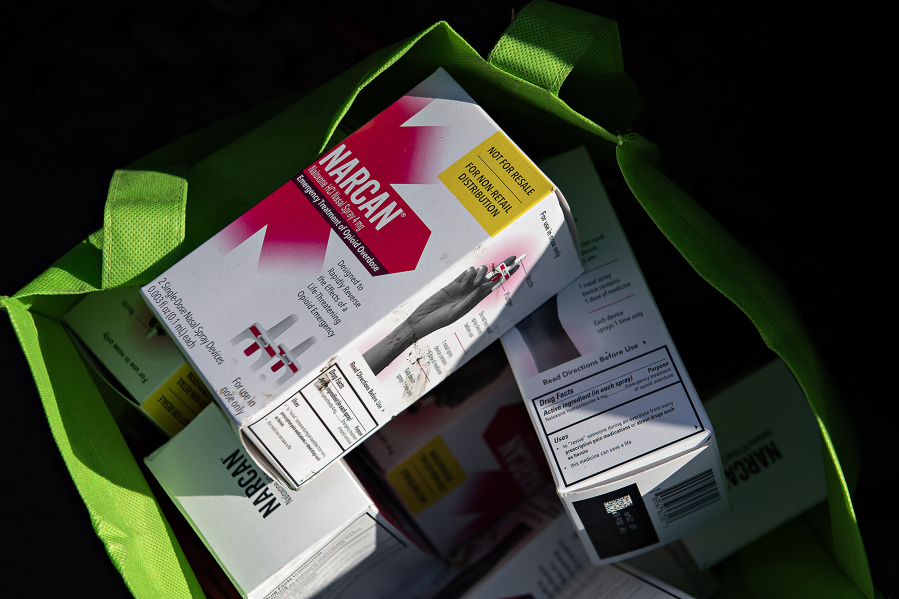On Monday, the Vancouver City Council signed off on joining an opioid settlement between the state of Washington and Johnson & Johnson over the pharmaceutical company’s marketing practices that helped fuel the opioid epidemic in Washington.
The city will receive nearly $1 million to combat opioid addiction under this agreement.
This settlement is one of many between the state and opioid distributors and retailers such as CVS, Walgreens and Walmart. In total, the state has recovered more than $1.2 billion.
Nearly $500 million from lawsuit settlements will go to local jurisdictions; the rest will go to the state.
Vancouver will receive 1.73 percent of the total that is going to local governments, or roughly $8.5 million, according to the attorney general’s office.
Vancouver’s funds will go to the Southwest Region Opioid Abatement Council, which allows local governments, including Vancouver, Camas and Washougal, to spend settlement funds received from manufacturers, distributors and retailers of opioids, a class of drugs that relieve pain but can be highly addictive.
The total settlement from Johnson & Johnson is $123 million in a one-time payment. It is contingent on each of the 37 litigating local governments joining the settlement by May 11, according to a memo by city staff.
The opioid abatement council will be responsible for monitoring the distribution of opioid funds to programs and services; developing and maintaining an online public dashboard for the publication of data for expenditures of opioid funds; collecting additional outcome-related data to evaluate the use of opioid funds; and hearing complaints from participating local governments about alleged failure to use opioid funds for approved purposes or comply with reporting requirements.




